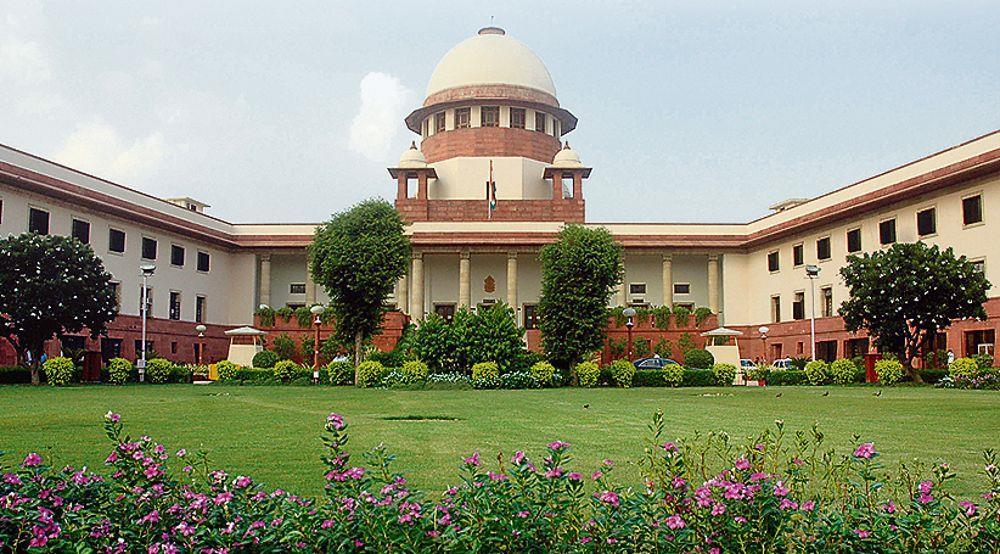
Res Ipsa Loquitur in Medical Negligence: A Supreme Court Case Analysis
Last Updated on October 24, 2023 by News Desk
Introduction:
The Supreme Court recently ruled on a medical negligence case, invoking the principle of Res Ipsa Loquitur. This Latin term translates to “the thing speaks for itself,” signifying that in negligence cases, circumstances strongly suggest the occurrence of negligence. In this legal context, it means that the situation surrounding the case makes it evident that negligence occurred.
Issues:
The case revolves around the grievance of the appellant, the wife of the deceased patient. The deceased had not been attended to by the neurosurgery team after a major operation. He subsequently suffered a heart attack and passed away. The primary question was whether the hospital and doctor were negligent in providing postoperative care, and whether the National Consumer Disputes Redressal Commission erred in dismissing the complaint.
Reasoning:
The appellant argued that the deceased, despite being informed that he would be transferred to the Intensive Care Unit post-surgery, was directly shifted to a private room. The Court found that standard practice dictated patients without complications in the recovery room should be sent to their rooms, not the ICU. Furthermore, the Court emphasized that the patient had no prior cardiac problems, making it challenging for the doctors to foresee a heart attack due to neck pain.
Arguments:
Senior Advocate Nikhil Nayyar, representing the appellant, contended that the deceased’s death resulted from a cardiac arrest, despite no history of cardiac issues. The appellant alleged negligence in postoperative care. On the contrary, Senior Advocate Meenakshi Arora, representing Dr. Bhatia, supported the lower court’s decision, stating it was based on the hospital’s standard practice.
Conclusion:
The Court ultimately concluded that there was no negligence in diagnosis or treatment by Dr. Bhatia. The absence of a history of diabetes, hypertension, or cardiac problems in the patient made it unreasonable to anticipate a cardiac issue solely based on neck pain. Therefore, the Court upheld the dismissal of the appeal, stating that the appellant failed to establish negligence on the part of the respondents in postoperative care.
This case highlights the importance of establishing a clear connection between negligence and the alleged harm. Res Ipsa Loquitur can be a powerful legal concept, but it requires compelling evidence of negligence in the circumstances, which was not proven in this instance.
Written–Athi Venkatesh A.V.D




